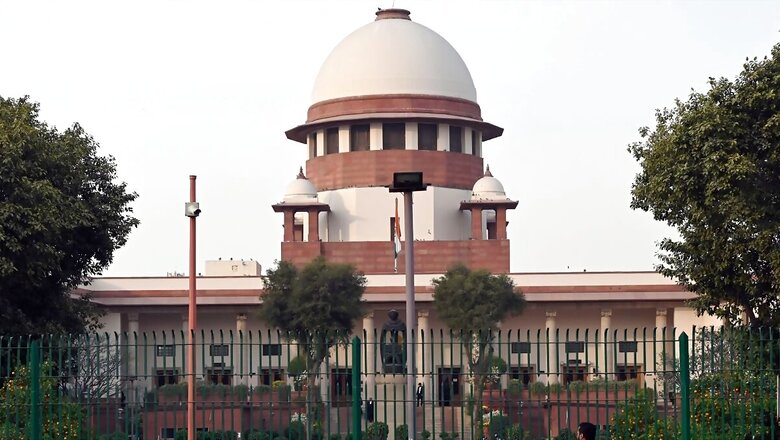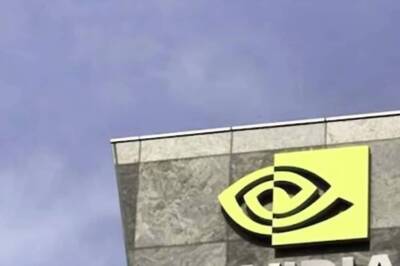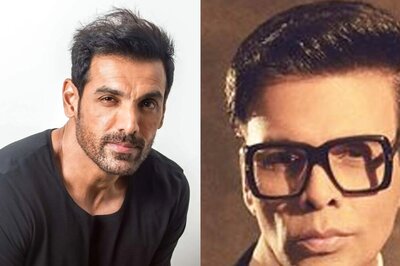
views
The general principle of law is that the ‘bail is rule and jail is exception’, the Supreme Court observed on Wednesday, adding, that the rule applies even to money laundering cases under the Prevention of Money Laundering Act (PMLA).
The court’s remark came while a bench of Justices BR Gavai and KV Viswanathan was hearing a case involving one Prem Prakash, an alleged aide of Jharkhand Chief Minister Hemant Soren in a money laundering case.
Prakash was granted bail following the hearing.
The bench also held that the liberty of an individual is always the rule and deprivation of the same by procedure established by law, is the exception.
The stringent conditions for bail under PMLA will be to override this principle, the court remarked.
Further, the court also held that confessions made by an accused in a money laundering case, to an investigating office, will not ordinarily be admissible as evidence, and that the bar against such confessions under Section 25 of the Indian Evidence Act will apply.
FULL TEXT OF COURT’s REMARKS
“Relying on the judgment in Manish Sisodia, we have said that even in PMLA, bail is a rule and jail the exception. All that S 45 specifies is the conditions to be met for bail. Liberty of the individual is always the rule and deprivation, by procedure established by law, the exception. Twin test does not take away this principle,” the court’s judgment read.
“We hold statements of the appellant if found to be incriminating will be hit by Section 25. It will be a travesty to make the statement admissible merely because he was then under custody for another ECIR. It will extremely unfair to make such statements admissible as it will be against all canons of justice,” it read.
Whether Section 25 Evidence Act will apply will have to be seen on a case-to-case basis in PMLA, the court added.


















Comments
0 comment